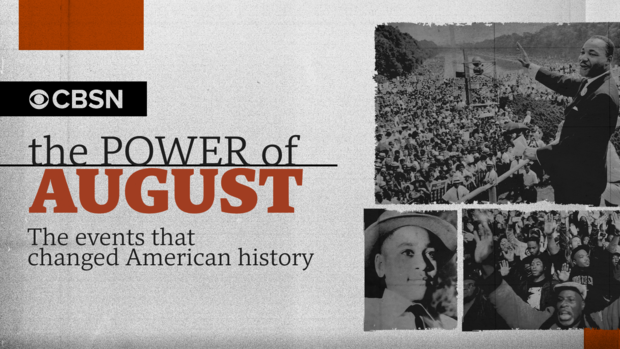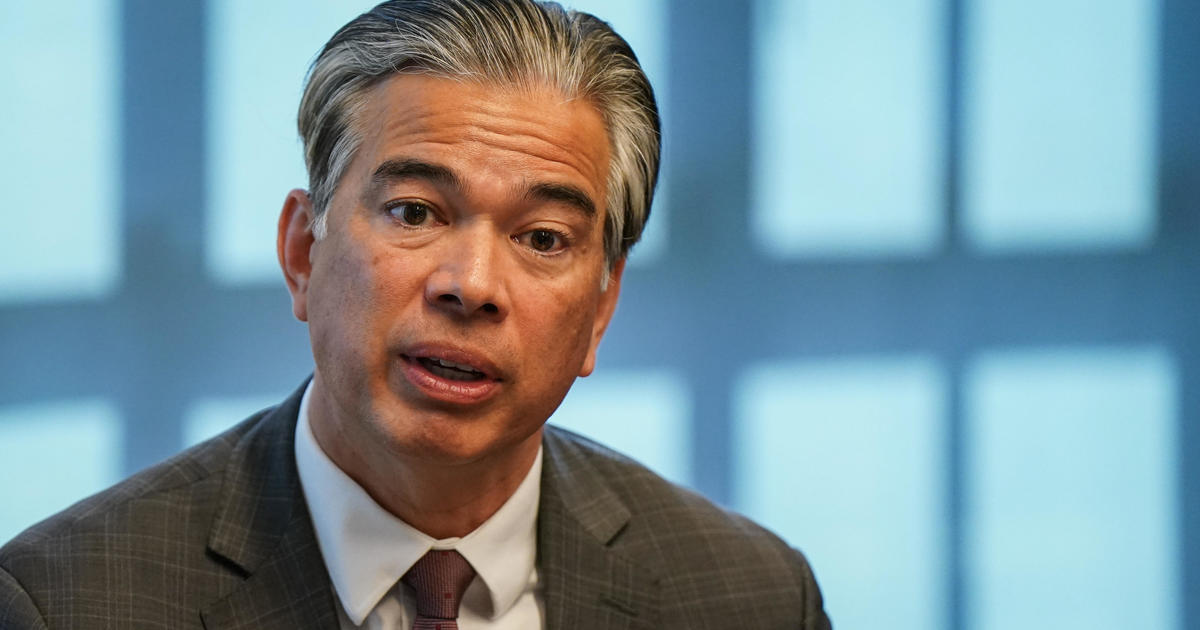The power of August in civil rights history
Some of the most important moments in civil rights history have happened in August.
In August 1955, 14-year-old Emmett Till was killed in Mississippi by a group of White men for allegedly whistling at a White woman. His photo, in an open casket, showed the world the racist brutality that was happening here in the United States.
In August 1963, the original March on Washington happened, with 250,000 Americans in Washington, D.C., to demand greater freedoms. The march elevated a couple of young Black men – Dr. Martin Luther King Jr and future Congressman John Lewis – to national prominence.
Two years later, in August 1965, the Voting Rights Act was signed, removing obstacles that had prevented many Black Americans from voting.
In August 2014, Michael Brown was shot and killed by police in Ferguson, Missouri - the start of what has become the Black Lives Matter movement. At that time a lot of young civil rights activists felt their voices heard for the first time as protests were held across the country. History has shown that we retroactively see moments in history for what they really mean.
August has also been a time of light during some of the darkest periods in American history: President Barack Obama accepted the Democratic nomination for president in August 2008.
This year continues to be a difficult time in the fight for human and civil rights with the killings of George Floyd, Breonna Taylor and Rayshard Brooks. And this month — August 2020 — Jacob Blake, another unarmed Black man in Kenosha, Wisconsin, was shot by police and the protests have started again.
I am hopeful that there will be real change — yet very concerned there won't be — and I wonder what my two sons' lives will be like in the future and if The Power of August will have made a difference in their lives in the year 2021 and beyond.
Darius Walker is the vice president and senior executive producer for CBSN.




